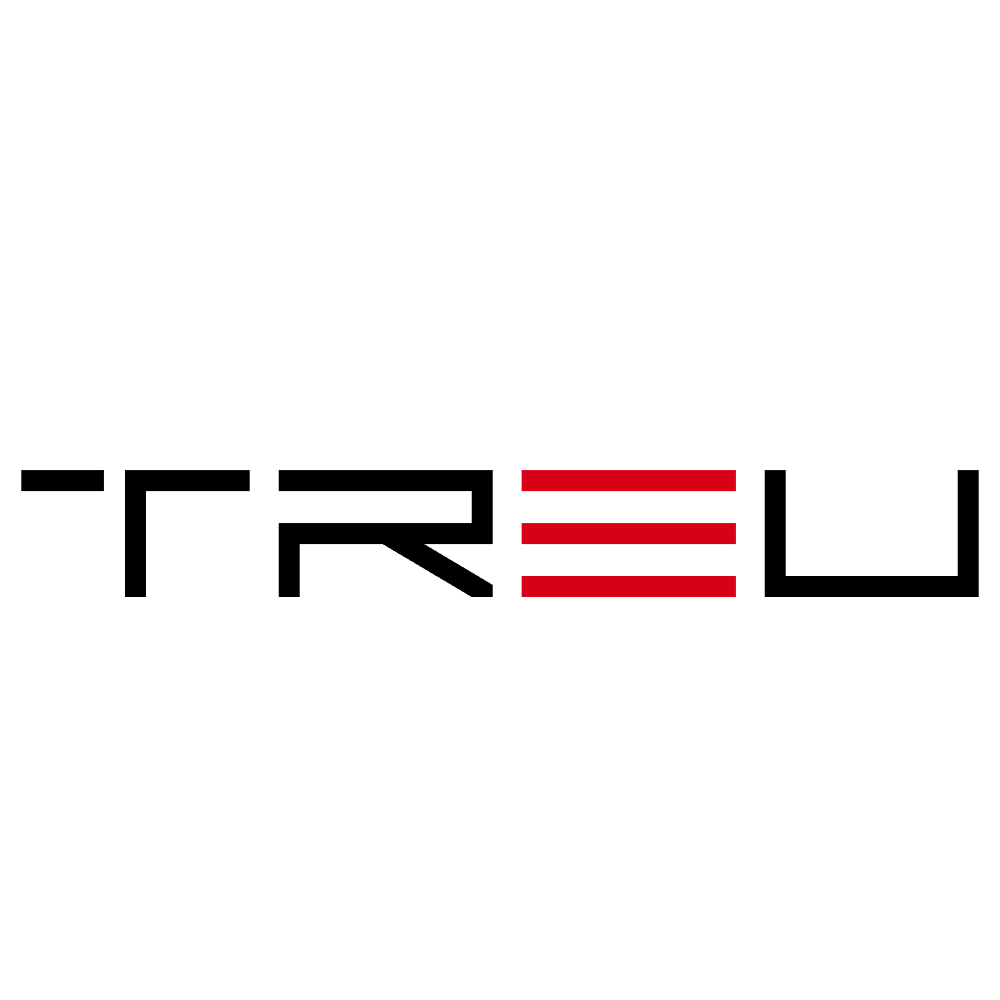Top Startup Trends Shaping the Future of Entrepreneurs
The startup landscape is evolving rapidly, and as we move through 2025, entrepreneurs must find ways stay ahead of key trends that define success in this dynamic environment. Emerging technologies, changing consumer behavior, and evolving regulatory landscapes are shaping how startups innovate and grow. This article dives deep into the top startup trends that will influence entrepreneurs in 2025 and beyond.
1. The Rise of AI-Driven Startups
Artificial Intelligence (AI) continues to be at the forefront of technological innovation, and in 2025, it will play an even bigger role in shaping startups. From automating business processes to enhancing customer experiences, AI-driven startups will have a competitive advantage.
How AI is Transforming Startups:
- Automation: AI-powered tools are streamlining operations by handling repetitive tasks, reducing labor costs, and increasing efficiency.
- Personalization: Businesses are leveraging AI to offer hyper-personalized user experiences, improving customer satisfaction and retention.
- Predictive Analytics: AI’s ability to analyze large datasets helps startups make data-driven decisions and anticipate market trends.
Startups that integrate AI into their business models will gain a significant edge in 2025.
2. Sustainability and Green Innovation
The demand for sustainable and eco-friendly business solutions is at an all-time high. Consumers, investors, and governments are pushing for businesses to adopt environmentally responsible practices.
Sustainable Startup Trends:
- Eco-Friendly Products: Startups will focus on developing sustainable alternatives across industries, from fashion to packaging.
- Net-Zero Carbon Initiatives: More startups will aim to achieve net-zero carbon emissions by optimizing energy usage and implementing carbon offset strategies.
- Impact Investing: Investors are prioritizing ESG (Environmental, Social, and Governance) metrics, leading to increased funding for green startups.
Entrepreneurs who prioritize sustainability will not only attract conscious consumers but also gain access to new funding opportunities.
3. The Shift Towards Remote-First Companies
The remote work revolution, accelerated by the pandemic, has reshaped how businesses operate. In 2025, remote-first startups will dominate the entrepreneurial landscape.
Why Remote-First Is the Future:
- Access to Global Talent: Startups can hire the best talent from around the world without geographical limitations.
- Reduced Overhead Costs: Eliminating the need for physical office space saves money on rent, utilities, and office supplies.
- Increased Employee Satisfaction: Remote work flexibility leads to higher job satisfaction and productivity.
Startups that adopt remote-first models will benefit from a more agile and cost-efficient work environment.
4. The Growth of No-Code and Low-Code Platforms
Innovation is no longer restricted to developers and tech experts. The rise of no-code and low-code platforms allows entrepreneurs to build applications, automate workflows, and scale businesses without extensive programming knowledge.
How No-Code and Low-Code Are Empowering Entrepreneurs:
- Faster Product Development: Startups can build and launch products quickly without relying on large development teams.
- Cost-Effective Solutions: Reducing the need for high-cost software developers lowers entry barriers for bootstrapped startups.
- Greater Flexibility: Entrepreneurs can experiment with their ideas without extensive technical resources.
No-code platforms democratize entrepreneurship, enabling more individuals to turn their ideas into successful startups.
5. The Expansion of Blockchain Beyond Cryptocurrencies
Blockchain technology is moving beyond cryptocurrencies and entering mainstream industries such as finance, healthcare, and supply chain management. Startups that leverage blockchain will drive innovation in multiple sectors.
Blockchain Use Cases for Startups:
- Smart Contracts: Automating agreements and transactions, reducing fraud, and increasing transparency.
- Decentralized Finance (DeFi): Revolutionizing traditional banking and providing alternative financial solutions.
- Supply Chain Transparency: Enhancing product traceability and reducing counterfeit goods in industries like fashion and pharmaceuticals.
Startups incorporating blockchain solutions will benefit from improved security, efficiency, and trustworthiness.
6. The Rise of the Subscription Economy
The subscription model is gaining traction across various industries, from software to consumer goods. In 2025, startups will capitalize on the growing demand for recurring revenue models.
Why Subscription-Based Models Are Thriving:
- Steady Revenue Streams: Subscription businesses enjoy predictable, recurring revenue.
- Enhanced Customer Loyalty: Regular engagement with users increases brand loyalty and reduces churn.
- Scalability: Subscription models allow startups to scale quickly while managing customer expectations.
Entrepreneurs should explore subscription-based offerings to secure long-term customers and predictable revenue.
7. Increased Focus on Mental Health and Employee Well-Being
Workplace culture is evolving, with a greater focus on mental health and employee well-being. Startups in 2025 must create supportive work environments to attract and retain top talent.
Key Trends in Workplace Well-Being:
- Flexible Work Schedules: Allowing employees to set personalized work hours to reduce burnout.
- Mental Health Support: Offering resources such as therapy, mindfulness programs, and wellness stipends.
- Employee-Centric Leadership: Shifting leadership approaches to prioritize employee happiness and work-life balance.
Companies that support employee well-being will experience higher engagement, lower turnover rates, and improved productivity.
Final Thoughts
The startup landscape in 2025 will be defined by advancements in AI, sustainability, remote work, low-code tools, blockchain, and subscription-based business models. Additionally, startups must prioritize employee well-being to stay competitive in a transforming workforce.
Entrepreneurs who embrace these trends will not only survive but thrive in a rapidly evolving market. By staying ahead of industry shifts, startups can seize new opportunities, adapt to changes, and build successful businesses that shape the future.
Are you ready to take your startup to new heights? Stay informed, innovate, and lead the charge toward a brighter entrepreneurial future!

